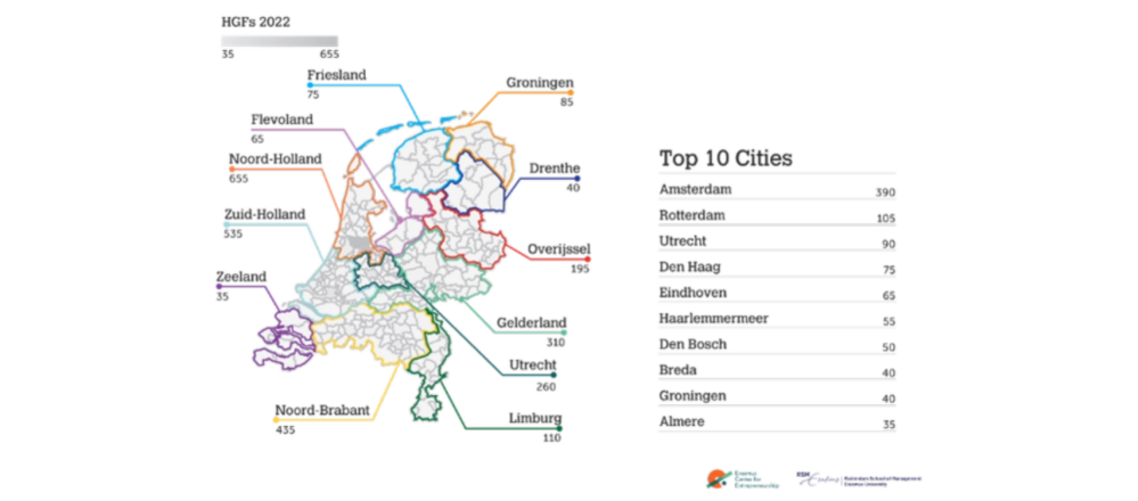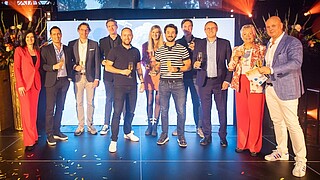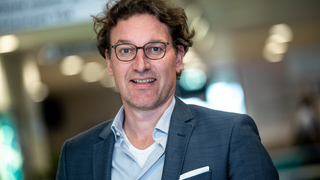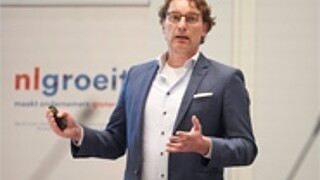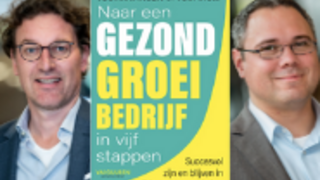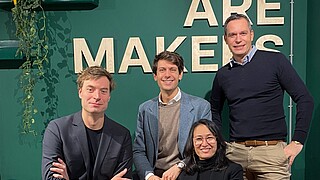The report can be downloaded in Dutch or English.
High-growth firms are crucial for regional and national economies as ‘job engines’ but also as catalysts for innovation and transition. They often provide examples for other companies to adapt to new circumstances, but can also face significant challenges to sustain this rapid growth. Despite obtaining new investments and attracting talent becoming more difficult, and several recent examples of HGFs that have failed, the number of high-growth companies rose sharply at least until the end of 2022. New figures should show whether this trend can continue, but by all appearances, more difficult conditions are also creating more real and less risky business strategies.
Majority of firms stand still; HGFs with female leadership stagnate
Despite more HGFs, the gap between the leaders and the rest of Dutch companies seems to be widening. Half of the Dutch business sector is still stagnating in its development or even shrinking. Some 45 per cent of all Dutch companies are shrinking. Only one in 20 companies larger than 10 employees manages to grow rapidly. Rapid growth is thus still the exception.
The number of HGFs led by at least one female entrepreneur is also stagnating at around 10 per cent, despite all public and private efforts. Unfortunately, this is in line with the observation that the growth in the number of female leaders among the leading group of fast-growing companies, the Top 250 Groeibedrijven, has also stalled. Erasmus University Rotterdam is committed to encouraging female entrepreneurship through initiatives such as SHE LEADS. The Erasmus Centre for Entrepreneurship is one of the partners of the new initiative Code-V. Code-V's ambition is to help female entrepreneurs realise their growth potential, in cooperation with partners such as the major Dutch banks, the Dutch Ministry of Economic Affairs and Climate and Deloitte.
In the Netherlands, there is a geographical clustering of HGFs. North Holland and Amsterdam in particular are purveyors of high-growth companies. Almost a quarter of all high-growth companies are located in this province, and this share has grown in recent years. South Holland and North Brabant follow. In terms of cities, Amsterdam's dominance over Rotterdam and Utrecht in second and third place, has also increased.
Challenges and new opportunities in the market
The contraction in the number of high-growth firms seen in previous years that was mainly caused by extraordinary circumstances now seems to be definitively behind us. Indeed, despite slowly deteriorating conditions and the increasing difficulty of attracting funding or talent, the emergence of new technologies and business models, especially also in the field of AI, offers many fast-growing companies plenty of opportunities to excel, according to Professor Justin Jansen. Professor Jansen, a global specialist in high-growth companies, has a clear message for Dutch businesses: "There are still opportunities up for grabs for high-growth companies in the Netherlands. In particular, the opportunities that artificial intelligence (AI) can offer to provide new forms of value and serve customers in innovative ways will also take off. In addition, the same technology also offers fast-growing companies the opportunity to improve business processes and reduce costs. Challenging times also call for innovative entrepreneurship and strong leadership. That’s at the heart of the matter."
